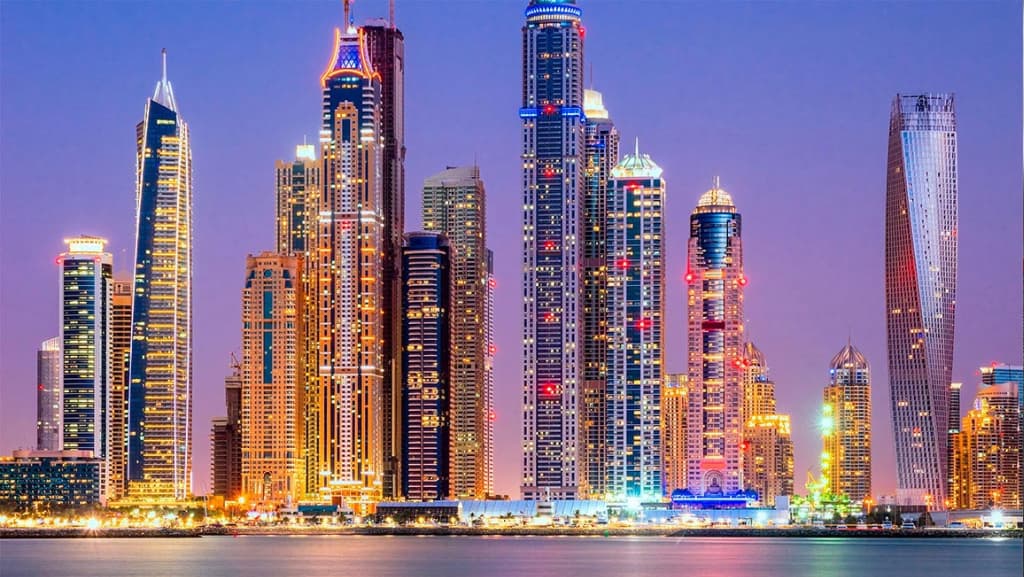
Riyadh Becomes GCC’s New Legal Magnet
As Dubai's legal hiring pace levels off, Riyadh emerges as the new growth hub in the GCC, driven by bold Vision 2030 reforms reshaping the region's legal landscape.
A new report shows a big change in the Gulf's legal market. Dubai’s legal sector slowed in early 2025, while Riyadh grew by 68%, driven by Vision 2030 reforms.
GCC Legal Market Trends
-
Dubai's legal growth dips:
Firms in Dubai reported minimal growth after years of steady expansion, indicating a maturing market nearing capacity.
-
Riyadh’s rapid rise:
As per established reports, Riyadh has seen a 68% increase in lawyers year-on-year. This increase is caused by significant regulatory changes allowing international law firms to open fully licensed offices. It is also due to large construction projects and the creation of an arbitration centre.
Regulatory Reforms Fueling Legal Expansion
Key legislative changes include:
-
Code of Law Practice: Passed in 2023, it permits international firms to establish fully owned offices, subject to Saudi-national lawyer quotas (70%) and license renewals every five years.
-
Enhanced arbitration framework: The Saudi Centre for Commercial Arbitration (SCCA) has upgraded its rules, driving demand for dispute resolution services.
These reforms and Riyadh’s growing infrastructure pipeline, valued at around USD 800 billion, push international firms to invest heavily in the kingdom's legal ecosystem.
Regional Shifts & Strategic Positioning
-
Dubai and Abu Dhabi: While firm expansions continue, growth is shifting from quantity to specialisation in tech, fintech, ESG, and IP.
-
Riyadh: Offers new revenue streams in construction, M&A, arbitration, and regulatory compliance, driven by special economic zones such as NEOM and the Red Sea initiative.
Legal Insight
Sunil Ambalavelil, Chairman of Kaden Boriss and a seasoned corporate lawyer in Dubai, notes:
“The move toward Riyadh marks a strategic shift in the GCC legal market. Saudi Arabia’s reforms and economic diversification are opening up major opportunities for law firms ready to work with a new set of regulations.”
Broader Impacts for Stakeholders
For law firms:
-
Riyadh offers robust new revenue streams in arbitration, M&A, infrastructure, and regulatory work tied to giga-projects like NEOM and Diriyah Gate.
-
However, firms must navigate local regulations, Saudi nationality quotas, licensing oversight, and office setup mandates.
For lawyers:
-
Opportunities in Riyadh are plentiful, particularly for those with Arabic fluency and experience in construction law, public-private partnerships, or dispute resolution.
-
Compensation packages, often including tax-free salaries, housing, and relocation, are increasingly competitive.
-
Licensing requirements vary between Saudi Arabia and the UAE, and foreign lawyers who fail to comply with local regulations may face significant delays in obtaining authorisation to practice.
For clients:
-
Multinationals benefit from top-tier firms now based in Riyadh, which have local counsel and regional expertise on tap rather than remote advice.
-
Dubai remains critical for financial, IP, fintech, and dispute-resolution needs, especially given ADR infrastructure like DIAC and ADGM-LCIA.
Key Takeaways
-
Riyadh saw an astounding 68% lawyer growth, driven by market-opening reforms.
-
Dubai shows limited headcount growth, with demand narrowing to niche areas.
-
International firms are pivoting to Riyadh, spurred by mega-projects and an improved arbitration system.
-
Lawyers with Arabic skills and GCC experience are in high demand.
-
Clients now benefit from access to multi-jurisdictional legal support in Saudi Arabia and the UAE.
For any enquiries or information, contact info@thelawreporters.com or call us on +971 52 644 3004. Follow The Law Reporters on WhatsApp Channels